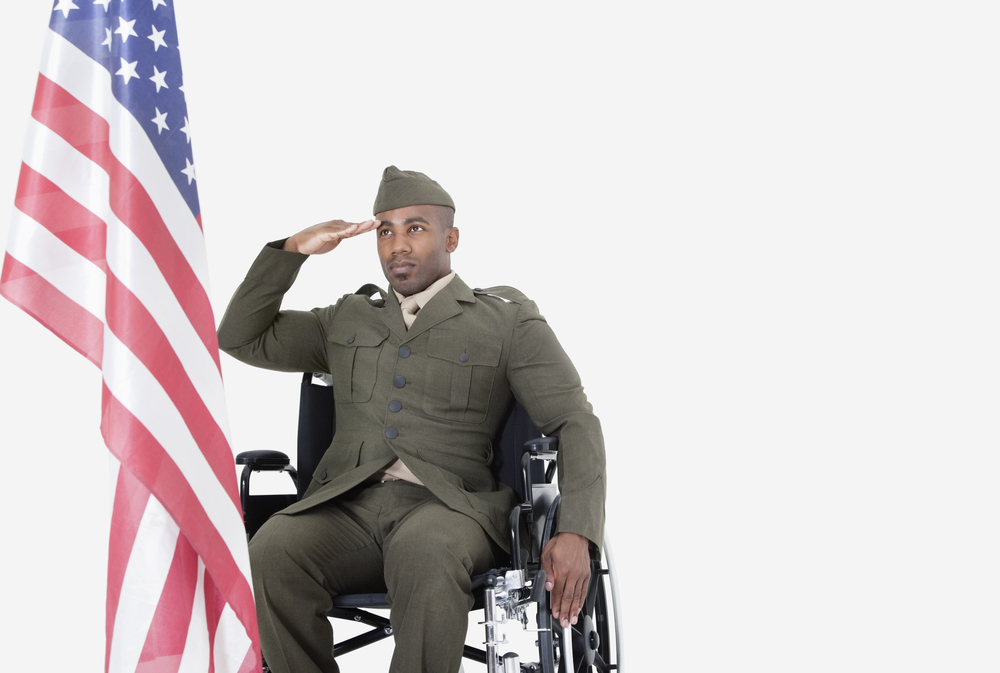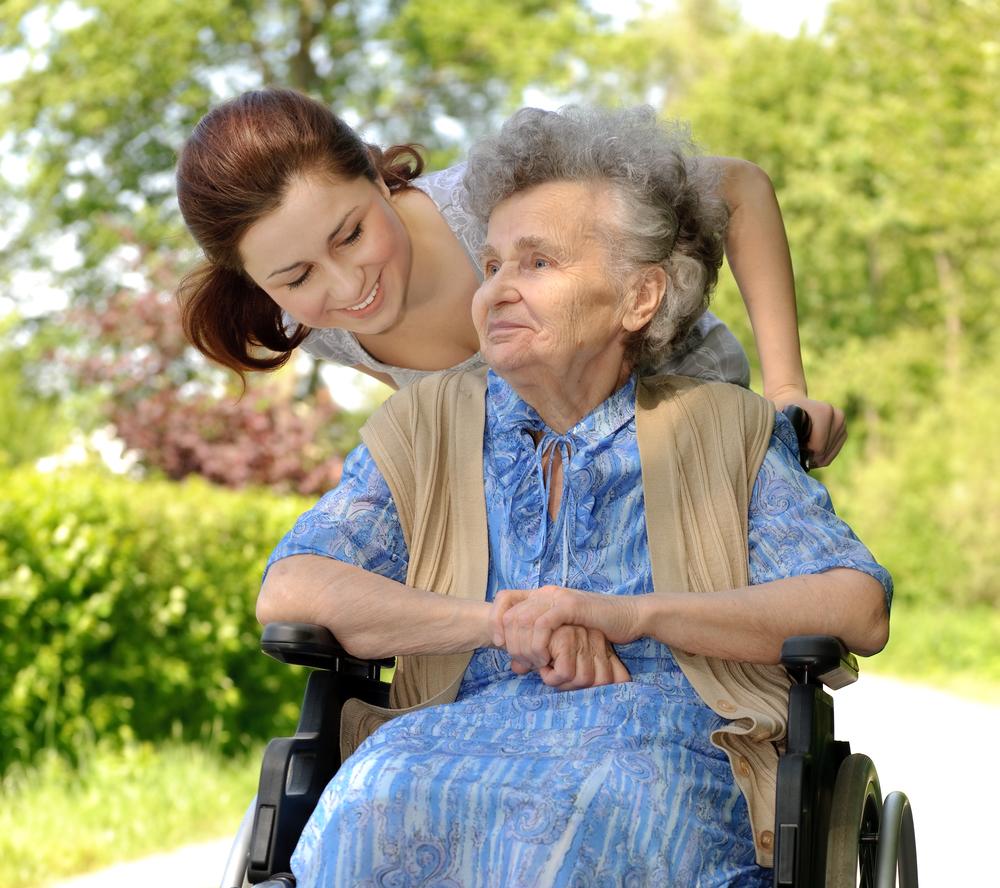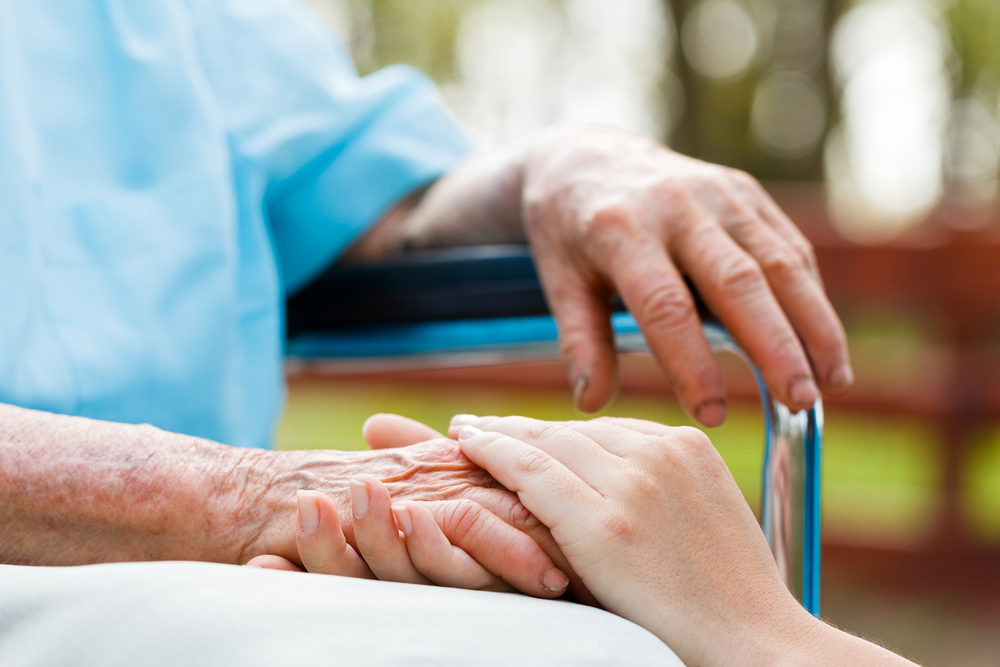06 Nov 2017
4 Ways to Prevent Holiday Depression in Seniors
The holiday season can be stressful, especially for seniors. As we get older, families become busy with their daily lives and together time is often overlooked. In many cases, the holidays become a time of depression for seniors, who may have lost loved ones, suffer from chronic health issues, or are unable to travel to visit friends or family.
Fortunately, we can take steps to prevent holiday depression for seniors. With a little awareness and compassion, we can turn this time of year back into a cheerful memory for our elderly loved ones and better our lives as well. Caregivers in senior-care facilities can also play a big part of alleviating holiday depression in seniors.
4 Ways to Prevent Holiday Depression in Seniors
-
Look Out for Signs of Depression
The first step to preventing holiday depression in seniors is knowing what to look out for. While it’s natural to feel a little blue during the holidays, there is a big difference between temporary sadness and depression.
Be on the lookout for symptoms of depression, like change in appetite or sleeping patterns, fatigue or lack of interest in activities your loved one previously enjoyed. To help gauge their depression, use the Geriatric Depression Scale – a list of yes or no questions that can help you determine the level of depression your family member or tenant may be suffering from.
-
Plan Outings and Activities
In many cases, senior depression comes about by not having enough to do during the holidays. During a season that’s usually considered busy and cheerful, too much free time can cause seniors to feel as if they are missing out on the joy the season once brought them.
Spend some time with your family member or senior residents by planning holiday-centric activities. Drive through a light festival, make gingerbread houses or take them to complete some holiday shopping. Involve your other family members too, if they are able to join.
-
Take a Trip Down Memory Lane
If your senior loved one has recently undergone some life changes (the loss of a loved one or relocating to a care facility), they may need some perking up during the traditional season.
Encourage them to share stories from their youth about the holidays and ask them questions to keep them engaged. Look through old photo albums or home videos and share some memories of your own. Rekindling old memories can help seniors cope during this nostalgic season.
Make New Traditions
Many seniors experience sadness during the holidays due to lost traditions. In many cases, the people they may have once celebrated with are no longer here.
To help your loved one, offer trying a new tradition that everyone can enjoy, while still paying respects to those you may have lost. Building new memories will help depressed seniors find joy during what otherwise could have been a bleak season.
We recognize the sacrifice those who serve in the military do for us, but we often do not think of the sacrifice of the military caregiver. When a loved one returns home injured or chronically ill, it changes the family forever. The military caregiver is not what most people think of in the traditional sense of the word. In fact, most do not even think of themselves as caregivers; they are simply wives, husbands, mothers, fathers, sisters or brothers. The injury to the service member not only changes him or her; it also changes the dynamic of the entire home. Those who care for wounded veterans face challenges that they never expected.
Unexpected Change
Military caregivers never planned on being in this position nor have they been trained to fill it. This can often cause a bumpy start to their role as caregivers as they adjust to this new dynamic and all that it entails. Often times, the possible length of the care is overwhelming, as many will be in this position for the rest of their lives.
Complex Medical Tasks
Much of the role of caregiver revolves around simple household tasks like cooking, cleaning, laundry, helping the veteran dress and use the bathroom and other everyday things that everyone knows how to perform. However, there will also be a whole new set of everyday tasks that may include complex medical issues. Although the caregiver has no training in the field, he or she will be fully responsible for medicine dispensing and dosage, physical therapy tasks, helping with stress and PTSD and other aspects of caring for the injured person that require special knowledge.
Loss of Income
Even when the injured person is not the breadwinner of the family, there will still be a financial impact to the family. On average, a military caregiver will miss at least one day of work per week caring for the loved one. Twenty-eight percent of military caregivers are forced to quit work altogether, and 11 percent take early retirement.
On Other Hand, There Are Rewards To Caregiving
These are far from the only challenges faced by military caregivers, and the actual list is too long to imagine. However, caring for a loved one is also one of the most rewarding things a person can do. In fact, one study shows that 94 percent of military caregivers say they are proud of the support they provide, and that they believe the veteran would not be where they are today if not for their care. It also shows that 78 percent say they have gained valuable new knowledge and skills in taking over as caregiver, and that they find the experience rewarding.
14 Nov 2016
Caregivers – It is Okay To Have Down Days
As a caregiver, your life is dedicated to helping another person. There’s no doubt that the job you do is important, and that you’re able to make a real difference by being there for that person and helping him or her with the necessary tasks to live daily life. At the same time, being so invested in your job can be damaging – it can take a toll on your health, your personal life as well as your emotional wellbeing. Many caregivers get so caught up in what they are doing that they don’t stop and notice the way that their job is affecting them, while others feel guilty for thinking of themselves when their task is to focus on helping someone else. Adding to this is the issue of attitude: it may seem sometimes like you have to be 100 percent ready to go all the time, always cheerful and always ready to give it your best no matter what you are going through personally.
It is important to remember that caregivers are people too. Just because your job is to help someone else does not mean that you can – or should – suddenly forget about yourself and your needs. Let’s address the struggles that caregivers go through, and how to get past them, one by one.
First, the idea that you need to put on the cheerful face all the time is simply not true.
It is perfectly okay to have “down days” – times when you’re just not feeling up to the task, or days when you don’t necessarily see everything in a positive light. Though you want to make sure that not all of your days turn out like this, you shouldn’t feel the need to suppress unhappiness in order to fit a mold, as that will only serve to make you more uncomfortable.
Second, the problem of guilt – why should you bother with your own desires when someone else clearly needs your attention more?
The answer is simply that you matter – you’re a human being, with your own problems and your own wants. You deserve to get the benefit of self-care as much as the person you are helping. Furthermore, you are better able to take care of another person when you have first taken care of yourself, emotionally and physically.
So now that you’ve acknowledged this truth, how should you go about tackling your “down days”? Every now and then, schedule a break for yourself – take a day and go somewhere you enjoy, like the beach or the park. You can go by yourself, or with a person you love – just make sure that you do whatever is necessary to schedule that time into your busy schedule on purpose. Write it down in your calendar, set a reminder on your phone, do whatever you have to do. Otherwise, it’s easy to forget or brush it off as not important. Also make sure that you are getting enough sleep and taking the time to do something that relaxes you every day, like reading or meditation.
26 Oct 2016
Taking Care Of The Caregiver
We all know a caregiver in our lives. This is our sister, our mother, our father, our brother, or other family member or friend that puts their life on the back burner to care for an ailing loved one. It may even be you. The point is that caregivers give so much of themselves to the person that they are caring for that they don’t often take care of themselves. In fact, 63 percent of caregivers report that they have poor eating habits, 72 percent of caregivers don’t visit the doctor as often as they should for themselves and are at an increased risk for signs of depression. Caregiving can be so stressful that it can take years off of their life. The time is now to offer a lift to the caregivers in your life.
Taking Care Of The Caregiver
Dinner Time
Since nutrition is often something that caregivers skip for themselves, treat them to a nutritious meal that they don’t have to cook. Cook dinner yourself or order something in. Take them out to dinner if you can find someone else to step into the caregiver role. You can even think about giving them a gift subscription to a healthy dinner service that sends all the ingredients and a recipe for a fresh and nutritious meal.
Give Them A Time Out
Now that you know the strain that this situation can cause, it can be a great time to give them some time to themselves. Take over for them, and push them to do something nice for themselves. This may mean just taking a bubble bath with music playing, going to sit at a coffee shop to enjoy a drink and a book, or anything that they enjoy doing that can be considered me time. Give them a certificate to your local spa or a gift card for their favorite store or restaurant that you make them use rather than put in a drawer to get dusty.
Handle Other Tasks
You may feel uncomfortable taking over the caregiver role to give your loved one a time out, so help them with other tasks. Clean the gutters. Scrub the stove. Organize a closet. Handle any of these tasks that they may be meaning to get to, but never get around to doing themselves.
It’s time to offer a lift to the spirits of our caregivers to help them feel that they need to start taking care of themselves again. These tips are a good starting point for what you can do for your loved one. You know them best, so think outside of the box for what you could do to make them stop neglecting themselves and start feeling good again.
10 Oct 2016
Care-giving Tips for Disabled Loved Ones
It’s true that caregivers, especially family members, can play a crucial role in the long term health of a disabled loved one, but it also takes a lot of responsibility and effort. There are different levels of caregivers, such as a child taking care of a parent, or a parent taking care of a child. Spouses can tend to each other, as well, if the needs arise. If you have a disabled loved one, and are planning on being a caregiver to them, there are some things you need to know to provide the care your loved one needs.
Tips To Provide Quality Care-giving To A Disabled Loved One
Research
Conducting some research on their disability can give you some insight on how to be an efficient caregiver. Finding out symptoms of a disability will give you an edge in providing your loved one’s needs.
Network
Finding other people who are caregivers can be a huge relief, especially to those without previous experience. They’ll be able to support you and give you advice on their experiences to help you become an excellent caregiver.
Encourage
You should encourage and support your loved one’s independence as it is extremely good for their attitude and health. Talk to them about what they feel you really need to do for them and how best to support them in what they can and can’t do. If you are concerned that you need to step in, broach the topic in the most respectful manner possible.
Keep Up With Advancements
New technologies become available every day to make disabled loved ones remain independent more easily. Join mailing lists and message boards to stay up to date on advancements and new techniques regarding your loved one’s condition.
Accept Your Feelings
Care-giving can be a roller coaster of emotions, and it’s important to understand those feelings and accept them for what they are. You should put yourself in a position where you are effectively caring for your loved one. Build a support system and allow times for you to take care of yourself so you can better take care of them.
Ask for Help (When You Need It)
Though you may be a primary caregiver, you should be aware of your limits. You should ask for help from other family members or doctors that are dependable. Make sure to find out your other family member’s needs before you ask, so you can both make plans you can stick to.
Provide Availability
If you’re the primary caregiver, but you don’t live near your loved one, you can set up a system so you’re notified of any emergency. You can set up an alarm system, manage doctor appointments, find a case manager, or hire local services.
Care-giving is a difficult task for anyone to take on, and it’s best to be prepared as much as possible. If you’re unsure about care-giving, or need some extra advice. Don’t forget to maintain your own health, for yourself and so taking care of a disabled loved one will be much easier.
03 Oct 2016
5 Tips to Care for the Senior in Your Life
Growing old can be difficult. Most people acknowledge that, whether they personally know someone who is considered a “senior citizen” or not. Seniors are generally considered people over 65, although the definition varies broadly depending upon health and independence levels. Some seniors can live completely on their own, while others may need assisted living or other forms of care. Whether it’s a parent, grandparent, aunt, uncle, friend, mentor or anyone else, you feel close to this person and want to help them as much as possible while maintaining their autonomy.
If you have a senior citizen that you care about in your life, it’s important to know how to care for them as they grow older. Here are a few tips that you can use to guide you through the process:
1. Treat your senior loved one with respect.
Seniors have decades of life experience that they are ready and willing to share with you (much more than you have yourself, most likely). Respect that they are individual people with their own stories, and avoid patronizing or coddling them.
2. Remain cognizant of their real limits.
Just because someone is a senior citizen you should not assume that they are ill, disabled or otherwise unable to care for themselves. In fact, many senior citizens remain in perfectly good health, or at least enough to live autonomously and maintain normal relationships.
Do recognize that seniors face many challenges that younger people do not. For example, they may not be able to be as active as you would like them to be, a limitation that results from the natural aging process as well as age-related illnesses. This can be especially difficult to deal with if you have developed a relationship with this person that revolves around some sort of physical activity, such as running together or lifting weights. Try not to be discouraged if they are not able to do as much as before. Look for other activities you can do together – such as taking walks or bird-watching, for example.
3. Make it a priority to stay connected.
One of the most important things you can do to care for a senior citizen is to talk to them. Tell them about your life, and don’t let yourself become distant. They want to hear from you and stay in touch.










